One in four shuns religion in Switzerland
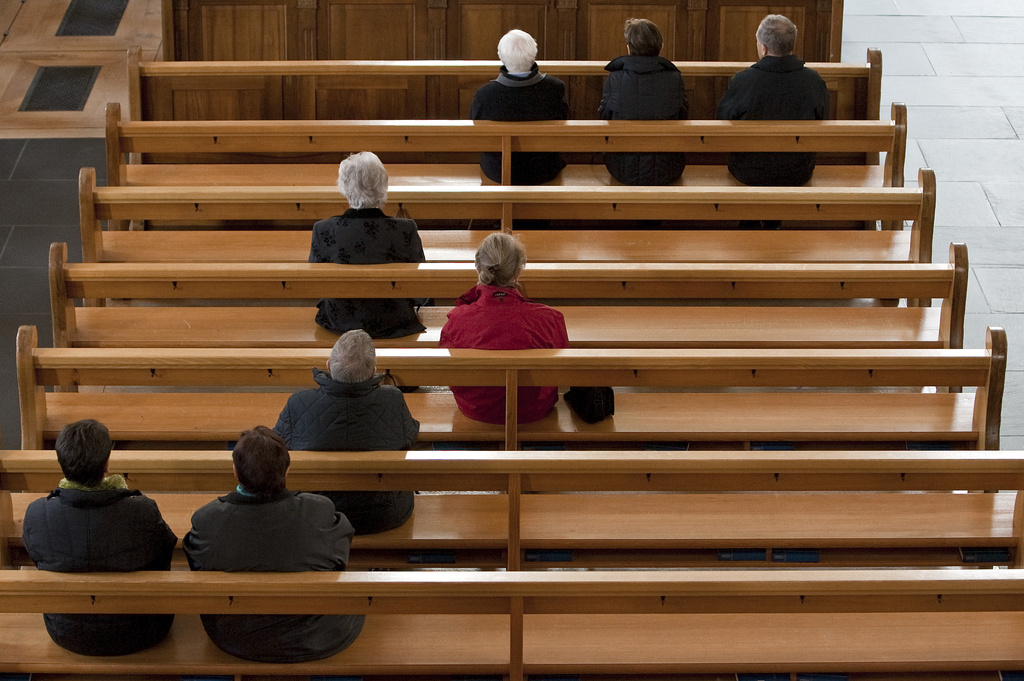
The role of organised religion in Switzerland is an increasingly small one, according to a publicly funded study.
Through hundreds of questionnaires as well as dozens of in-depth interviews with individuals across the country, researchers have found that the Swiss population has distanced itself from organised Christianity as well as traditional spirituality in recent decades.
Currently, Protestants account for 32 per cent of the population, closely followed by Catholics at 31 per cent. Some 12 per cent are members of non-Christian religions. The remaining 25 per cent do not belong to any religion at all.
It is a figure that is on the rise. Forty years ago, only one per cent of the Swiss population had no religious affiliation. By 2000 it was about 11 per cent.
However, as the authors of the National Science Foundation study note, a lack of religious affiliation does not necessarily translate into atheism.
“Official membership of a religious denomination – or a lack thereof – does not say anything about the religious practices or beliefs of the person involved,” states the study, which was led by Lausanne University professor Jörg Stolz and Münster University professor Judith Könemann.
“For example, the unaffiliated might believe in God or be alternatively spiritual.”
Believing or belonging?
In their survey of 1,229 people and more detailed interviews with 73, the researchers identified four types of people in terms of their relationship to religion. They were classified as: distanced, institutional, secular and alternative.
At 64 per cent, the “distanced” formed the largest group. These are people who might attend church on occasion, but for whom religion does not play an important role.
“It’s not that the ‘distanced’ believe in nothing; they have certain religious and spiritual beliefs and practices,” pointed out the researchers.
Markus Ries, a theologian at Lucerne University, agrees. “There are very many people who believe in God, but they don’t describe their beliefs in the way that they did during their childhood – and they think that the Church still does it that way,” he told swissinfo.ch.
For example, 24-year-old “Elina” told researchers that she couldn’t imagine Christmas without a mass even though she hardly went to church otherwise.
“I like to go and sing and be part of this cultural and traditional event,” she said, adding that it was a nice chance to see people from her hometown and wish them a happy new year.
Then there are the “institutional”, who accounted for 17 per cent of those queried. In addition to believing in God, they are active members of a church.
Ten per cent were labelled as “secular” because of their indifference or even hostility toward religion. “Siegfried”, 39, said that religion caused more suffering than it alleviated.
“Religion is synonymous with violence, war and conflict, sects and authoritarianism,” he said.
The last group, the “alternative”, represented nine per cent of those surveyed. They are characterised by their interest in topics such as meditation, reincarnation and herbal remedies. This category was dominated by women, whereas there tended to be more men in the secular category.
Ries predicts that there will continue to be a considerable amount of shifting in the religious landscape.
“The way in which people practise their beliefs changes; being part of a church or a religious congregation will not be the same in 25 years as it is today. There will be much more plurality and much less homogeneity, the same as in society itself.”
Talking about sex
The survey also covered the subject of sex. Within the institutional category, 41 per cent said that they were opposed to homosexuality, compared with six to 15 per cent of the other three groups.
Views on premarital sex were also varied. While 17 per cent of the institutional interviewees said they were against it, between zero and seven per cent of the others disapproved.
As for traditional male and female roles, the more religious participants tended to be less tolerant. Some 16 per cent said that they completely agreed with the concept of women staying home to raise the children and tend the household while their husbands acted as breadwinners.
Thirteen per cent of secular interviewees agreed. In comparison, only six per cent of the distanced and one per cent of the alternative were in favour of traditional male-female roles.
Regardless of their religious profile, the majority of the participants said that they felt that the country’s churches played an important role for socially disadvantaged people.
Ries said that this could be disastrous if it means people are unwilling to actively participate in caring for those in need.
“Christian beliefs mean the engagement of every single person towards the poor and those who live in the shadows, and not delegating this task to somebody else.”
Religious breakdown of the population, 2000 census:
Roman Catholic – 41.8%
State-recognised Protestant – 33.0%
Free (mainly evangelical) Protestant – 2.2%
Old Catholic – 0.2%
Orthodox – 1.8%
Other Christians – 0.2%
Jewish community – 0.2%
Muslim – 4.3%
Buddhist – 0.3%
Hindu – 0.4%
Other – 0.1%
No religion – 11.1%
Individual religiosity in times of social change.
This study examines the ways in which people live out their individual religiosity under the specifically modern conditions prevailing in Switzerland today. What are the conditions that bring about an increase or decrease in religiosity? As the study builds on two previous studies, it presents an opportunity to analyse the social changes religiosity in Switzerland has undergone over a period of more than 20 years.
It was part of the National Research Programme 58, “Religions, the state and society”. It is tasked with studying the evolution of the religious landscape in Switzerland.
NRP 58 was approved by parliament in December 2005 and was allocated SFr10 million ($10.7 million). Several research projects have been undertaken since 2007.
Source: NRP 58
Institutional = Believing and Belonging
Alternative = Believing without belonging
Distanced = Belonging without believing
Secular = Neither Belonging nor believing

In compliance with the JTI standards
More: SWI swissinfo.ch certified by the Journalism Trust Initiative
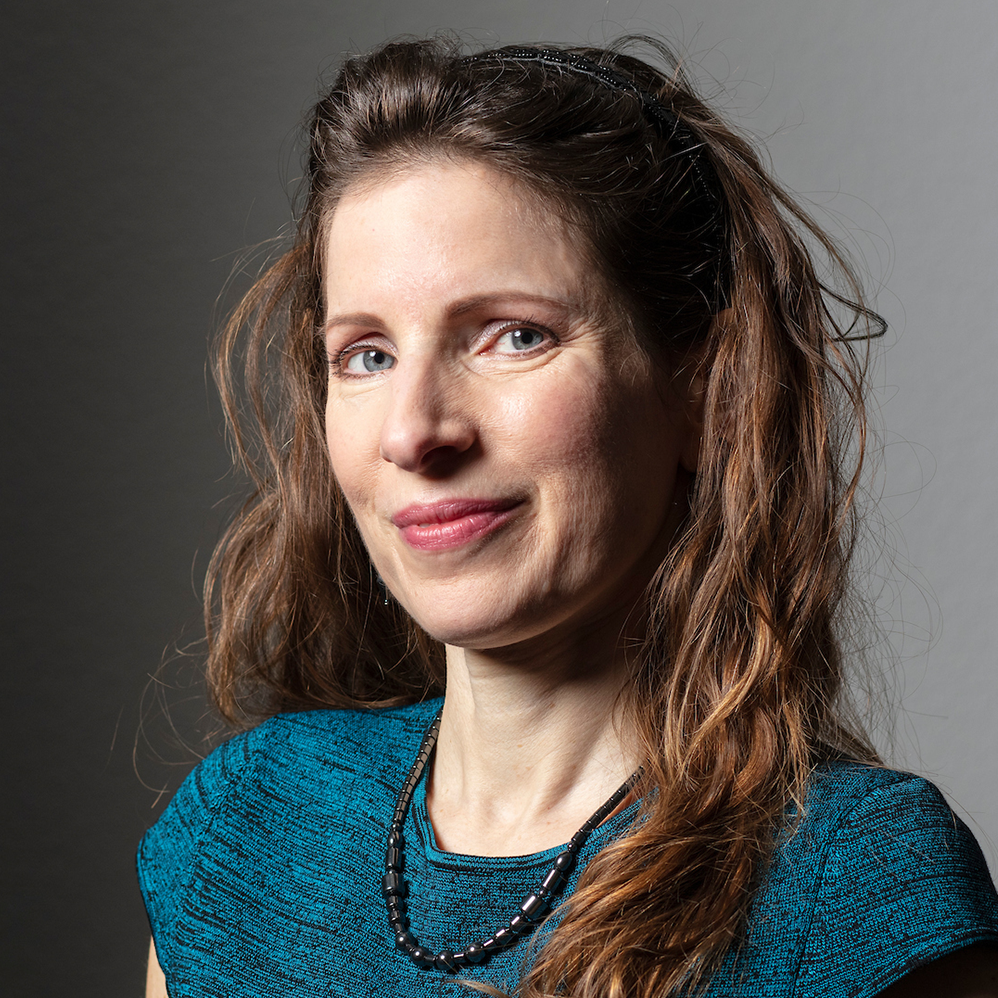

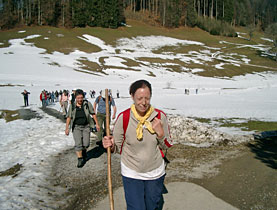
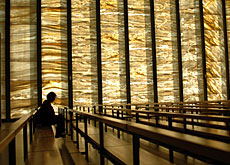
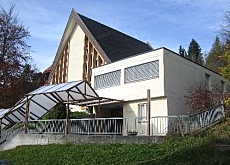


You can find an overview of ongoing debates with our journalists here. Please join us!
If you want to start a conversation about a topic raised in this article or want to report factual errors, email us at english@swissinfo.ch.